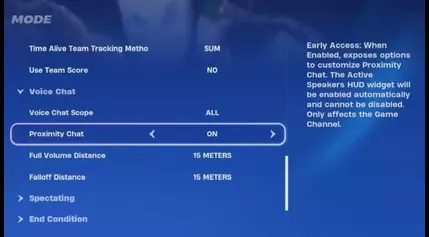Video games boost cognitive function and mental health in schizophrenia patients
Unlocking the Cognitive Potential: How Video Games Revolutionize Mental Health TreatmentA groundbreaking study has uncovered the remarkable potential of video games to enhance cognitive function and mental well-being in individuals with schizophrenia. The research, published in the prestigious journal Translational Psychiatry, sheds new light on a promising approach to addressing the complex challenges associated with this mental disorder.
Unlocking the Cognitive Potential of Video Games
Harnessing the Brain's Reward System
Previous research has demonstrated that playing certain types of video games can yield significant cognitive benefits and structural changes in the brains of healthy individuals. These advantages are believed to stem from the continuous and goal-oriented interaction with the game, which activates the brain's reward system and enhances neuronal plasticity. In other words, video games have the remarkable ability to reshape the brain by facilitating the formation of new connections between neurons, the fundamental building blocks of the brain.Given that patients with schizophrenia often experience cognitive deficits and reduced brain plasticity, the researchers sought to explore whether these video game-induced benefits could be extended to this population. The study, led by Maxi Becker from the University Medical Center Hamburg-Eppendorf in Germany, aimed to uncover the potential of video game training as a novel therapeutic approach for individuals with schizophrenia.Exploring the Cognitive and Clinical Benefits
The study recruited a diverse sample of 95 patients with schizophrenia and 82 healthy controls. Participants were randomly assigned to one of three groups: 3D video game training (Super Mario 64), 2D video game training (New Super Mario Bros.), or E-book reading (an active control group). Over an eight-week period, the participants engaged in their assigned activity for 30 minutes daily.Comprehensive cognitive and clinical assessments were conducted before and after the intervention, and functional MRI (fMRI) was utilized to measure changes in brain connectivity. The researchers were particularly interested in examining the impact of video game training on sustained attention and brain networks associated with memory and executive function.Unlocking Cognitive and Clinical Improvements
The findings of the study were remarkable. Both the 3D and 2D video game training groups exhibited significant improvements in sustained attention compared to the control group. This cognitive enhancement was linked to increased functional connectivity in a network involving the hippocampus and prefrontal cortex, regions of the brain that play crucial roles in memory and executive function, respectively.Notably, the patients who underwent video game training also experienced reductions in negative symptoms, such as anhedonia (the inability to feel pleasure from activities) and amotivation (lack of motivation or drive). Furthermore, these individuals reported better overall mental health recovery. The researchers propose that the goal-driven and continuous interaction with the video games may have positively impacted the patients' self-efficacy, which has been associated with improved mental health and reduced psychopathology.Revolutionizing Schizophrenia Treatment
The study's findings suggest that video games could be a valuable supplementary therapeutic approach for individuals with schizophrenia, particularly in addressing the cognitive deficits and negative symptoms that are often not well-managed by current treatments. By harnessing the brain's reward system and enhancing neuronal plasticity, video game training has the potential to unlock new avenues for cognitive and clinical improvements in this complex mental disorder.While the study had a relatively small sample size due to patient dropout, the results are nonetheless compelling and warrant further exploration. As the field of mental health continues to evolve, the integration of video game-based interventions could revolutionize the way we approach the treatment of schizophrenia and other cognitive-related disorders.




















